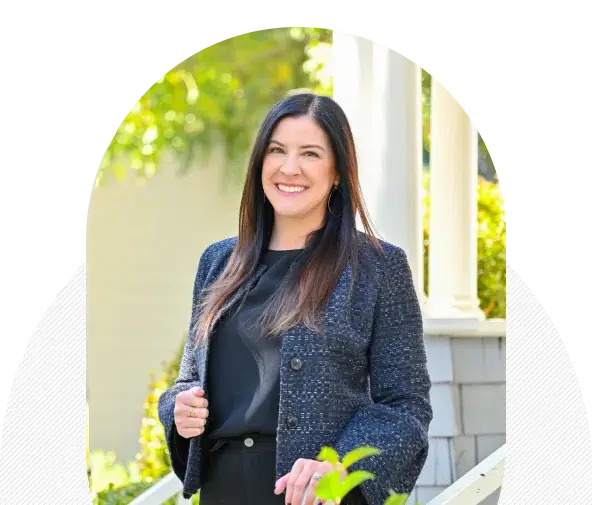San Jose Family & Divorce Lawyers
Family law issues are both complex and emotionally charged. Matters like child support, divorce, asset division, child custody, and alimony can easily get out of hand when disputes are involved. Unfortunately, this can lead to drawn-out court battles that turn costly — particularly for those who try to navigate the legal system on their own. However, you don’t have to go this route. The experienced San Jose family & divorce lawyers at Argyris Mah, LLP can assist you today.
At Argyris Mah, LLP, our team of legal professionals has years of experience serving our local community. We have seen how difficult these cases can become, so we strive to simplify matters for our clients. In many cases, we’re able to keep these issues out of court. If litigation is necessary, though, we’re ready to advocate tirelessly on your behalf. Contact us today to schedule your free case evaluation and learn how we can assist.
















